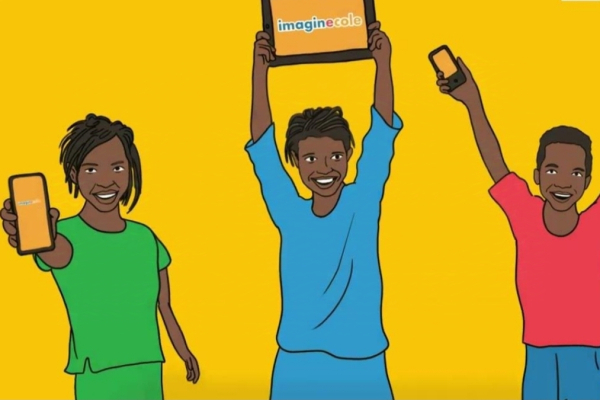The digital transformation of education has become a priority in addressing the challenges of inclusion and quality in teaching. In Africa, innovative initiatives are reinventing pedagogical methods by incorporating technological tools tailored to local needs.
The Imaginecole project, launched by UNESCO to address the educational challenges posed by the COVID-19 pandemic, is entering a new phase. The initiative will now be managed by the Senegalese government and local education stakeholders, who are tasked with adapting it to the country's specific needs. This transition, marked by a dual workshop held in Dakar from December 9-13, reflects efforts to strengthen local capacity for integrating digital tools into education sustainably.
“We have reached a stage where we will hand over the project to Senegal. We have developed numerous training programs on digital tools, education, and even the use of artificial intelligence in classrooms. It’s time for national authorities to take the lead and continue this momentum,” said Idalina Ndiaye Rodriguez, regional coordinator for the Imaginecole initiative at UNESCO.
Designed to ensure continuity in education during crises, Imaginecole is a regional platform accessible in 11 Francophone African countries. It provides teachers and students with a variety of digital resources, ranging from educational comics to AI-driven tools. This initiative aligns with Senegal’s broader efforts to build an inclusive and effective education system. Notably, the country recently secured €70 million in funding from the Development Bank of Southern Africa (DBSA) to support the digital transformation of its education sector.
The transfer of Imaginecole is expected to modernize education in Senegal, making learning more interactive and accessible. The initiative also aims to boost student engagement, reduce educational inequalities, and position Senegal as a key player in the digital transformation of Francophone Africa’s education landscape.
By Samira Njoya,
Editing by Sèna D. B. de Sodji



















